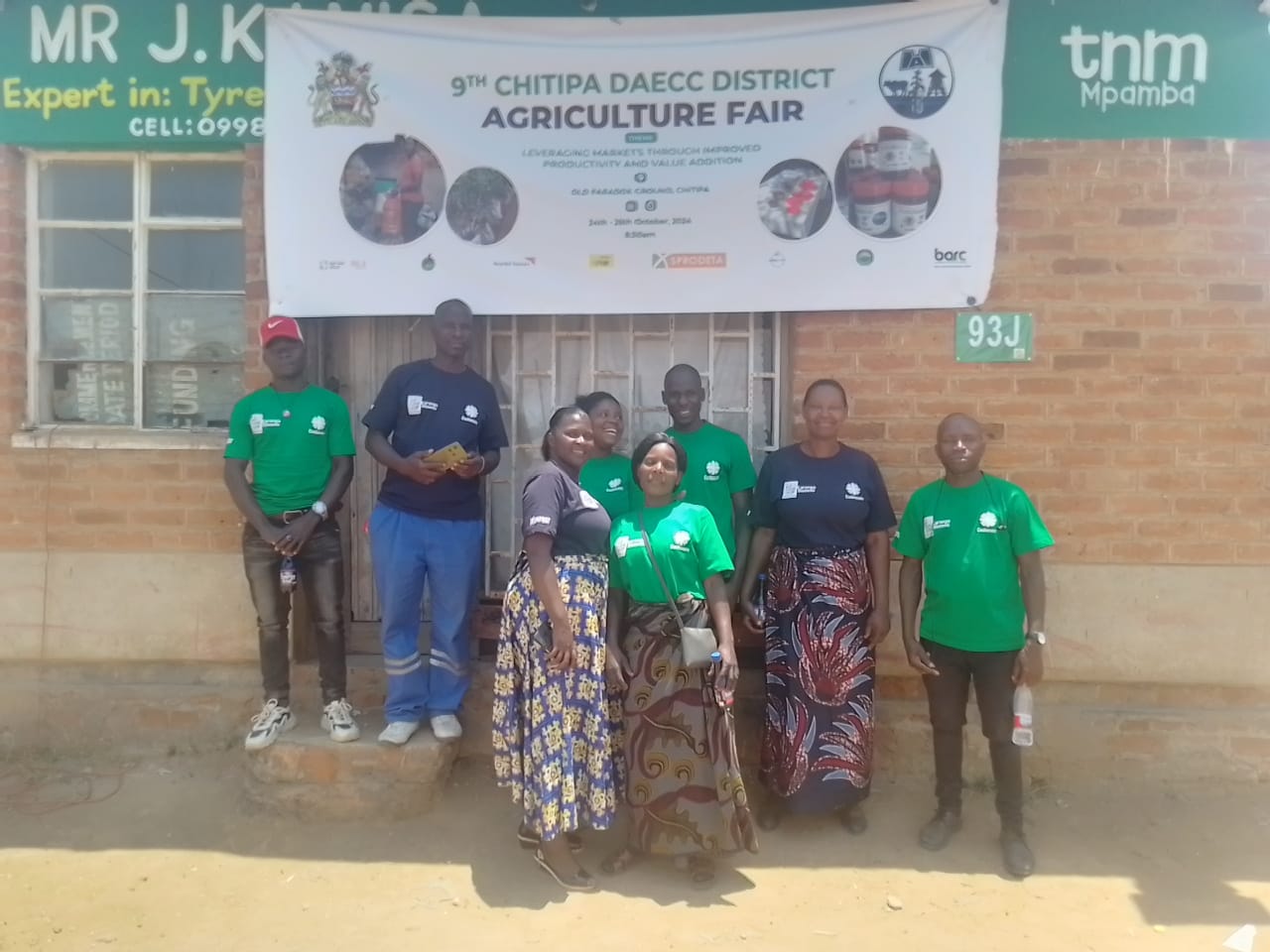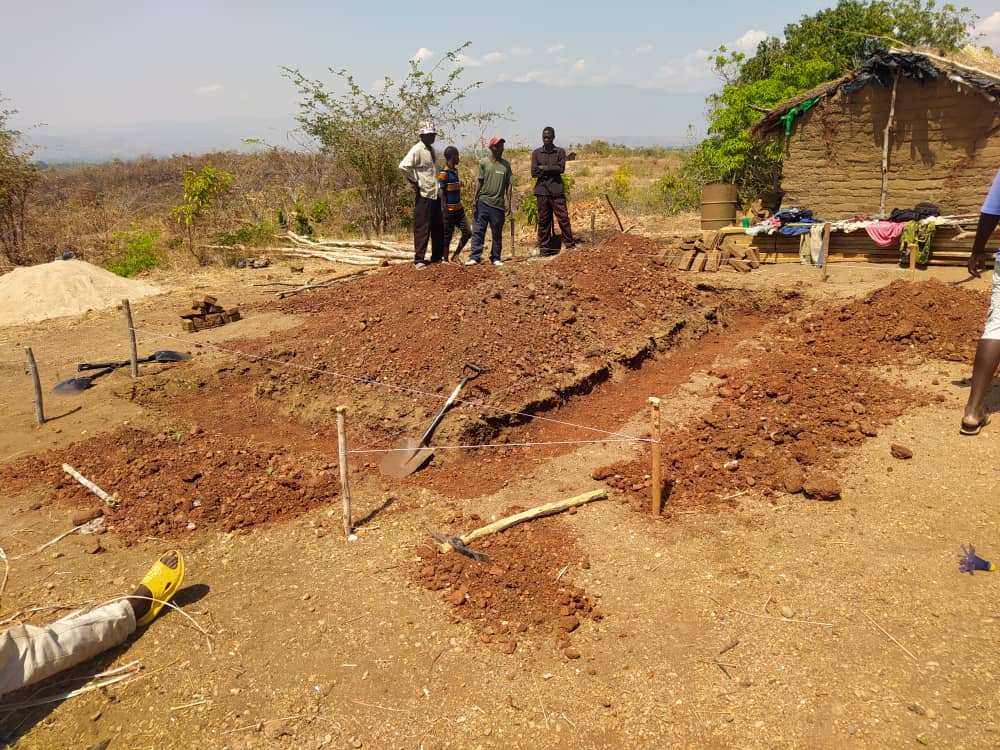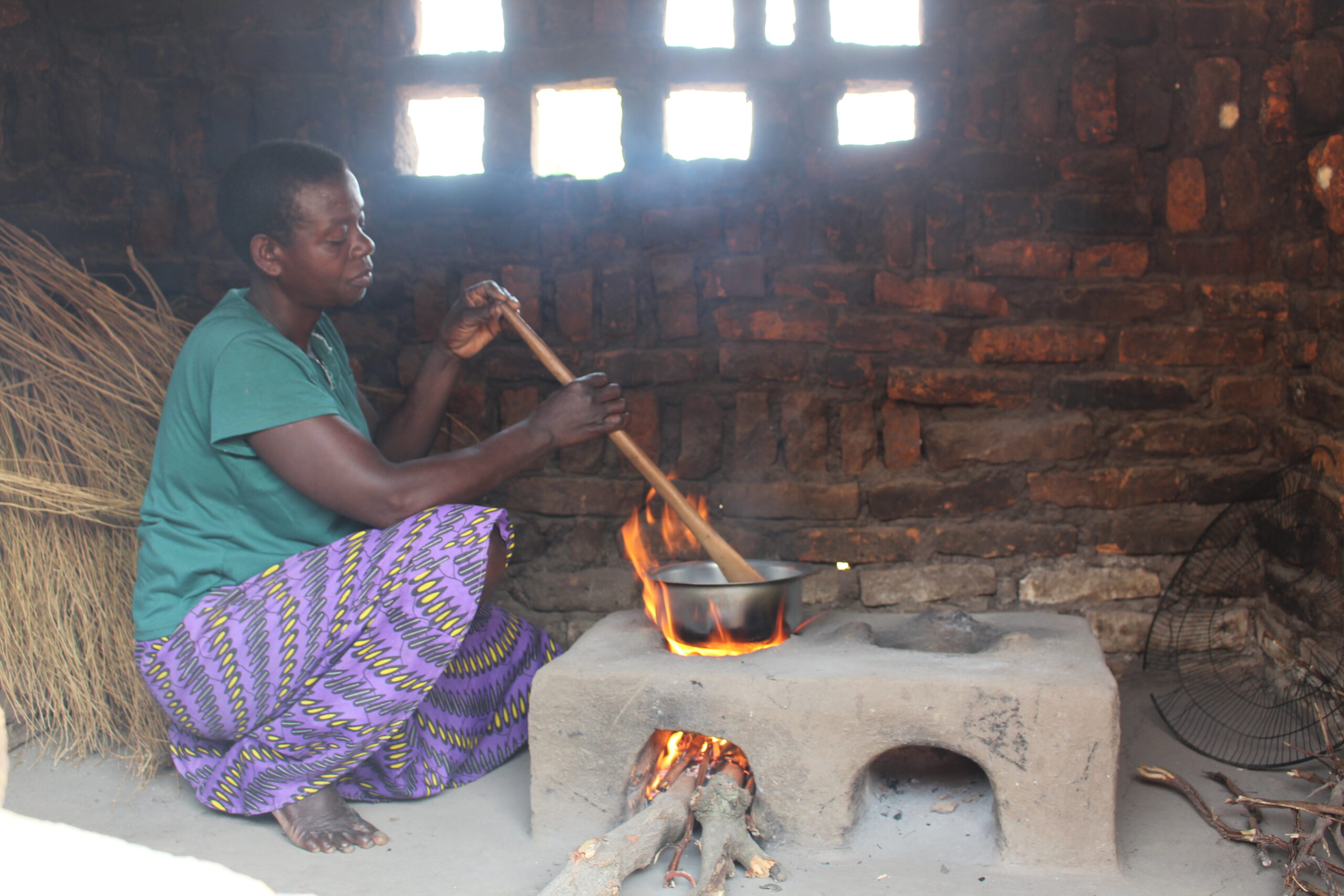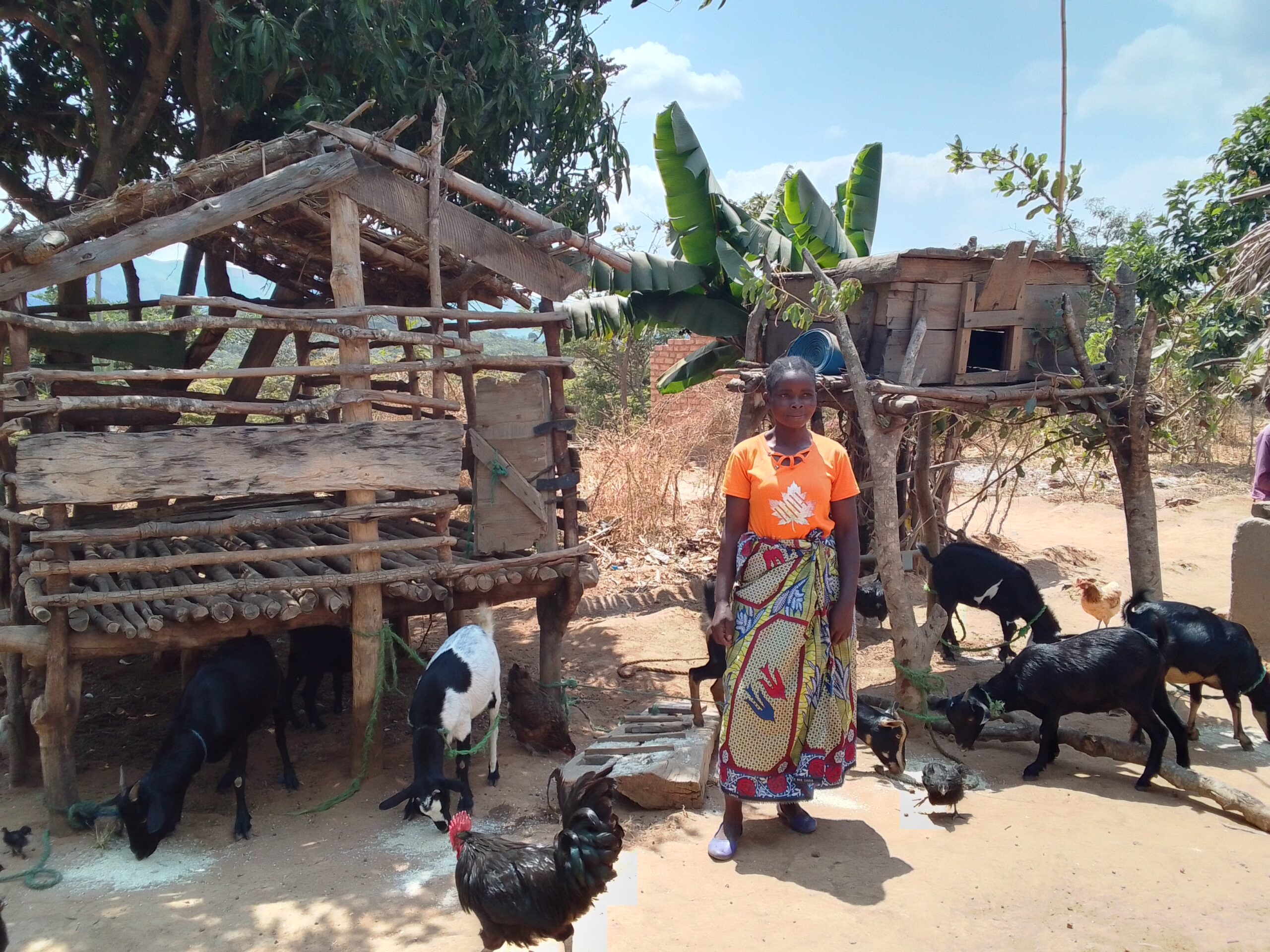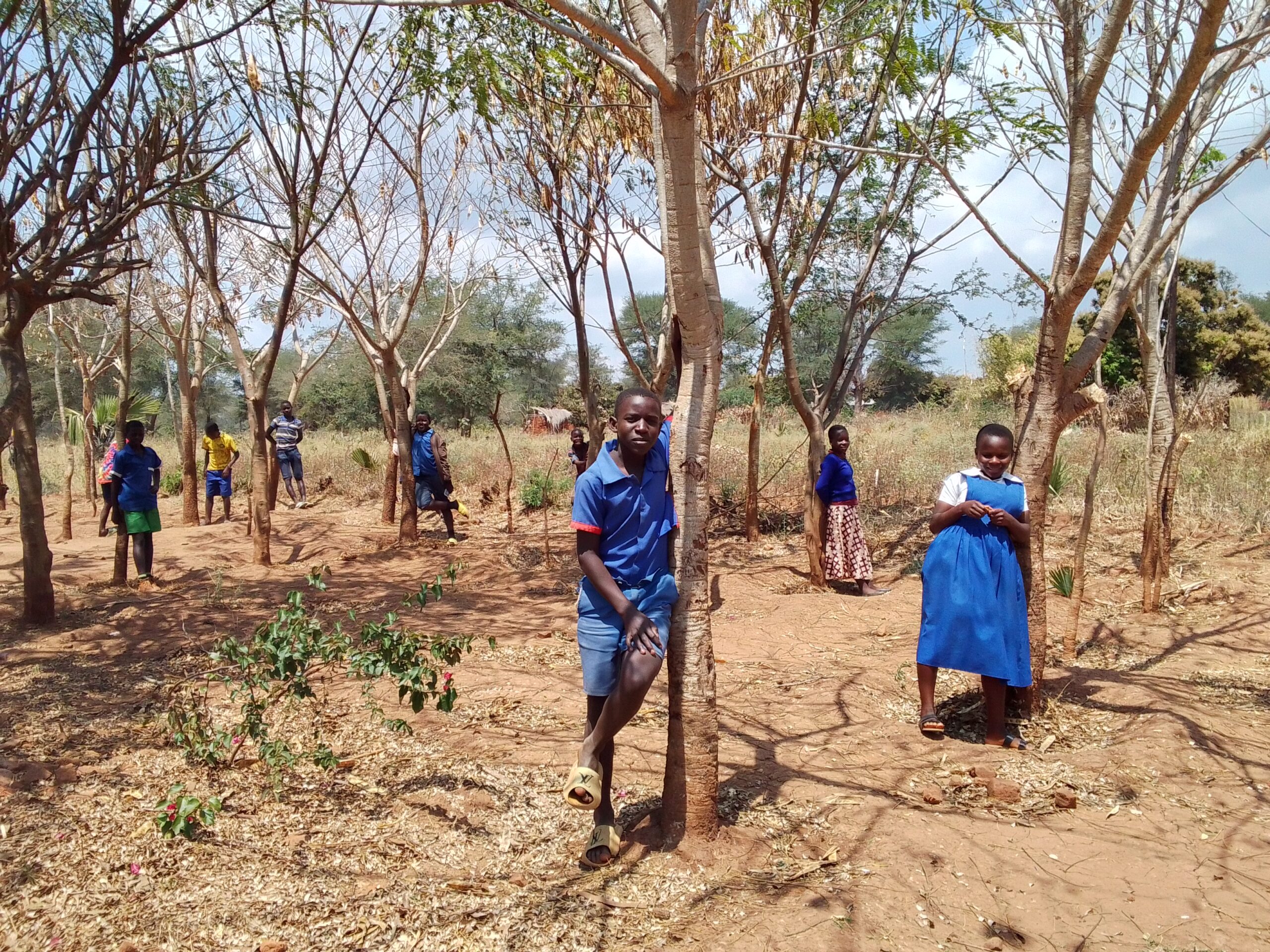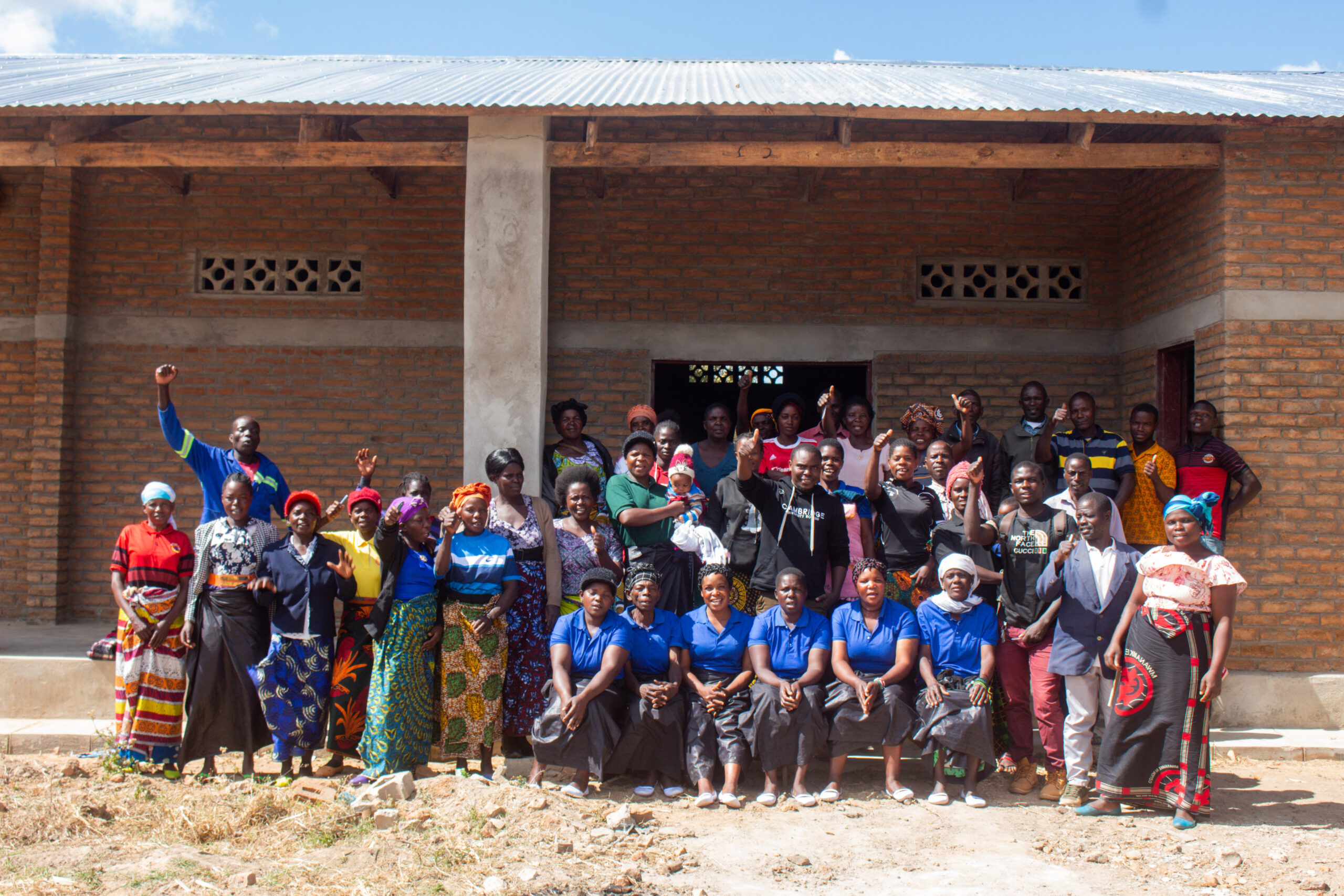MARIA KANYIMBO’S FAMILY RECEIVES CASH TRANSFER FOR HUNGER RELIEF
By Noel Chatepa On 23 March 2024, His Excellency Lazarus McCarthy Chakwera, President of Malawi, declared a state of disaster on food security across 23 out of the 28 districts in the country. This announcement was a response to the conditions caused...
Read MoreCADECOM KARONGA DIOCESE SHOWCASES VALUE ADDITION AND SUSTAINABLE AGRICULTURAL PRACTICES AT 9th CHITIPA DAECC DISTRICT AGRICULTURAL FAIR
By Noel Chatepa From the 24th to 25th October 2024, CADECOM Karonga Diocese through the Integrated Rural Development Project participated in the 9th Chitipa DAECC District agricultural fair at Chitipa Old Paradox ground under the theme “Leveraging markets through improved productivity and value...
Read MoreBenard Msukwa to be Assisted with Disaster Resilient Housing
By Noel Chatepa In 2024, prolonged and heavy rains in Karonga district led to over 911 households being affected by the rains with many being displaced, crops and houses being damaged. In the previous year 2023, over 182 households were...
Read More“Cooking Sustainably: How Changu-Changu Mbaula has Transformed Cooking in Manganani Village”
Most families in Manganani Village rely on firewood as their main source of energy for cooking and it has resulted to a significant negative impact on the environment. Recognizing this challenge, CADECOM Karonga Diocese through the Climate Just Communities project which...
Read MoreEMPOWERING RURAL WOMEN THROUGH SUSTAINABLE LIVESTOCK REARING
By Noel Chatepa In Nachoma Village T/A Mwenewenya in Chitipa, a remarkable transformation is unfolding in the life of Jean Chilenga. At 37 years old and a mother of seven, Jean's journey from owning two goats in 2020 to now proudly...
Read MoreUPHOLDING ENVIRONMENTAL CONSERVATION THROUGH EDUCATIONAL INITIATIVES
By Noel Chatepa Students at Kapenda Primary School in Chitipa posing with the trees they planted in 2020 Young Davie Kalau, at the tender age of 14, stands tall with pride as he gazes at a tree he planted back...
Read MoreNEEMA’S TRANSFORMATION: FROM FOOD INSECURITY TO FARM SUCCESS
By Noel Chatepa Neema Mgala. “I joined CADECOM Karonga Dioceses’ Integrated Rural Development project in 2020 and we were trained in sustainable agriculture technologies. After the training's, we were given soya bean, sunflower, groundnuts and maize seeds to use for...
Read MoreINTEGRATED RURAL DEVELOPMENT PROJECT: ENHANCING SMALLHOLDER FARMERS’ INCOME THROUGH COLLECTIVE MARKETING
By Noel Chatepa The improvement of smallholder farmers' income is one of the goals of the Integrated Rural Development Project being carried out by CADECOM Karonga Diocese in Chitipa with funding from Misereor. To this end, a group marketing intervention...
Read MoreINTEGRATED RURAL DEVELOPMENT PROJECT TRAINS 30 COMPOST MANURE PROMOTERS
By Noel Chatepa A three day training of 30 compost manure promoters in agrimarketing of "Indore Organic fertilizer" is underway in Chitipa. The training is part of the interventions in the Integrated Rural Development Project being implemented by Catholic Development Commission in Malawi...
Read More“FROM VOCATIONAL TRAINING TO BUSINESS SUCCESS: DAVID KANTHONGA BENEFITS FROM THE INTEGRATED RURAL DEVELOPMENT PROJECT”
By Noel Chatepa Kanthonga in his tailoring shop. David Kanthonga, a young man from Chisankhwa, James Village in the area of T/A Mwaulambya is a shining example of the transformative power of vocational skills training. Through the Integrated Rural Development...
Read More

